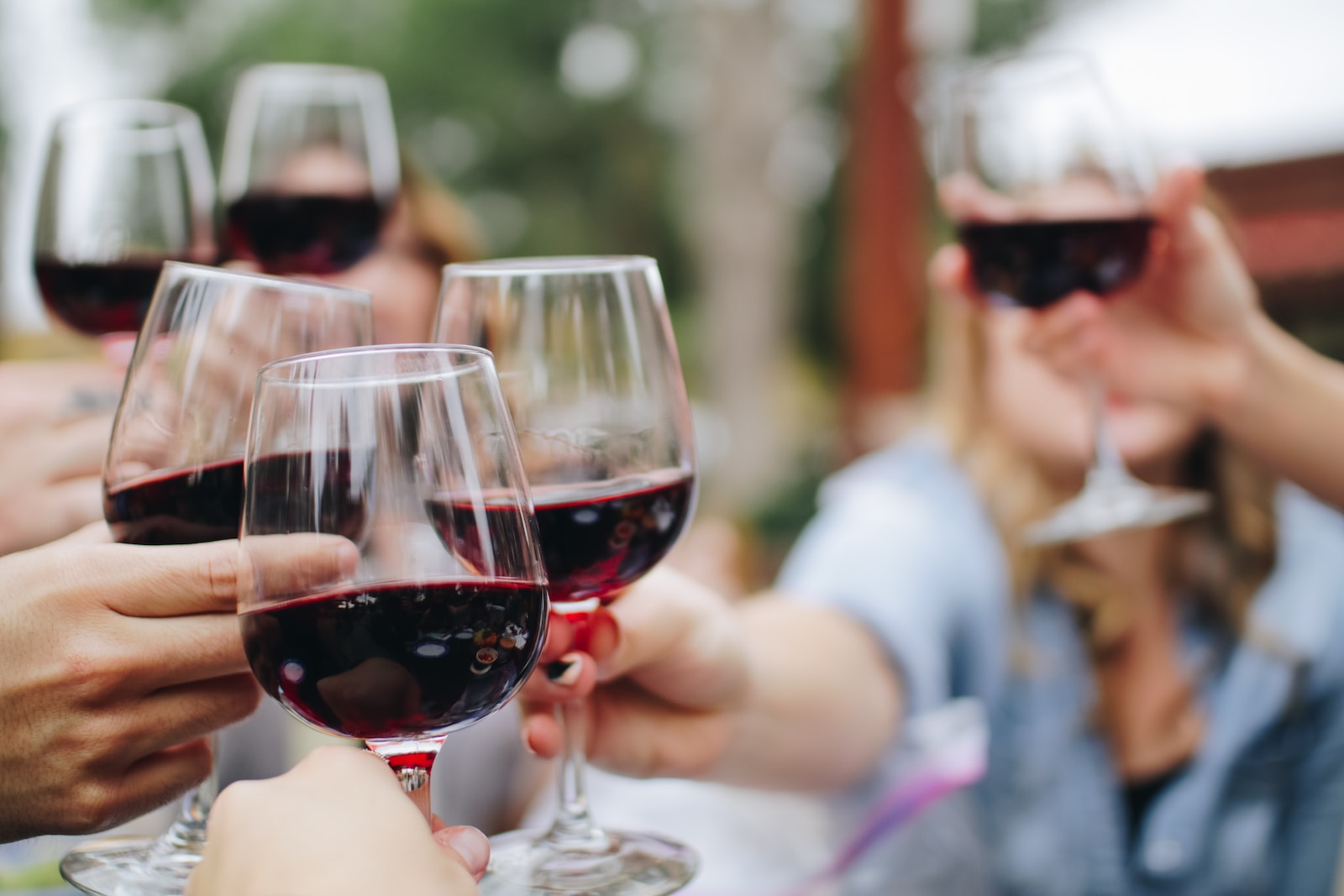OPINION
Apparently according to some latest research ‘wine mum’ culture has a lot to answer for. But the reality is that when it comes to problem drinking, it’s men who should be far more concerned.
The annual NZ Health Survey statistics on New Zealanders’ drinking behaviours published in December this year shows that of the women aged between 35-54 years who drank in the last year, 13-16 per cent consumed alcohol in a way that carried a high risk of future damage to their physical or mental health (while 27-29 per cent of men drank in this way).
Across the board, 13-16 per cent is about average with regards to drug use, so 27-29 per cent is high, and I mean really high. For comparison the percentage of cannabis users who are problematic users is less than 10 per cent, and for methamphetamine around five to 10 per cent. I know many of you will call bullshit on that, but facts are facts. If anyone has a drinking problem, I’m afraid it’s us guys.
Drinking alcohol at midlife is of particular concern because we now know now that even one standard drink (usually less than the average pour) a week is linked with increased risk to heart health and many forms of cancer such as breast, mouth and throat, with risk increasing at higher consumption levels.
And next week there will be another study out saying that one standard drink an evening is ok. In any case taking any amount of alcohol increases health risks but then the same thing applies to sugar, fast food and watching mainstream news.
Alcohol is in fact classed as a Type 1 carcinogen like smoking and asbestos exposure. Yet, women at midlife in New Zealand, whose drinking is most often out of the public gaze at home or in smaller establishments, have not been the subject of research attention.
[…] Our findings show that drinking alcohol was embedded and functional in their everyday lives, a legitimate activity for themselves and an important part of their relationships with their significant others and friends. Alcohol was consumed for a range of reasons – for pleasure and celebration, for fun and sociability with friends – and provided some respite which enabled women to continue their daily chores, caring responsibilities and working lives. It also functioned as a salve for life’s disruptions and difficulties.
I’m basically a non-drinker but I’m not here to bash alcohol. For all the talk about harm caused by alcohol, its benefits, most of which can’t be measured, far outweigh its harms. Just imagine not being able to have a beer with your mates, or not being able to enjoy a bottle of wine at Christmas. Pleasure, sociability and fun are all good things.
[…] Wines by varietal, artisan gins, and boutique tonics are marketed directly at women of all ages – especially to older women with higher disposable incomes – who enjoy the pleasures and tastes afforded by this expanded offering. The associated marketing and promotion appeal directly to women’s sense of independence and empowerment, centring discerning alcohol consumption in successful feminine lives. Drinking is encouraged as a legitimate pastime with alcohol’s symbolic rituals, gastronomic pleasures and chemical effects enhancing women’s alone time, and lubricating and enhancing their social occasions and networks.
And what’s wrong with that? Alcohol is a very potent drug but it’s generally consumed highly watered down and taken in the vast majority of cases responsibly. Also it’s highly regulated and, perhaps most importantly, subject to strict social controls. Having a glass of wine with friends during the odd night out is perfectly acceptable. Drinking a cask every night or getting sloshed at a bar and making a fool of yourself, or worse, isn’t.

